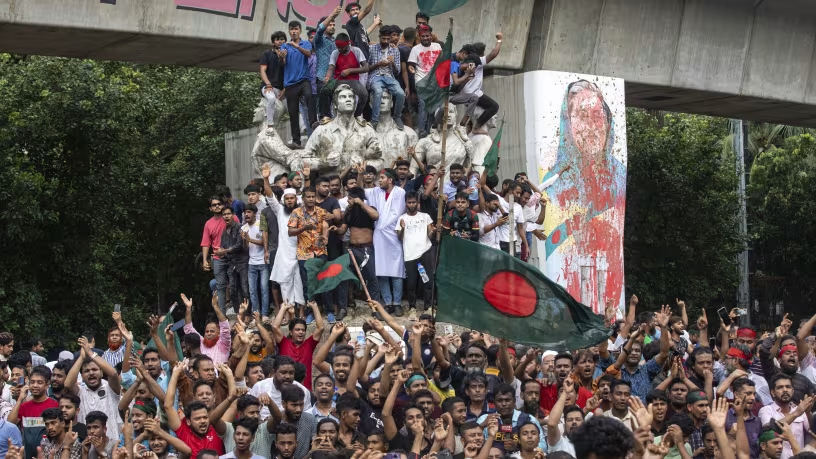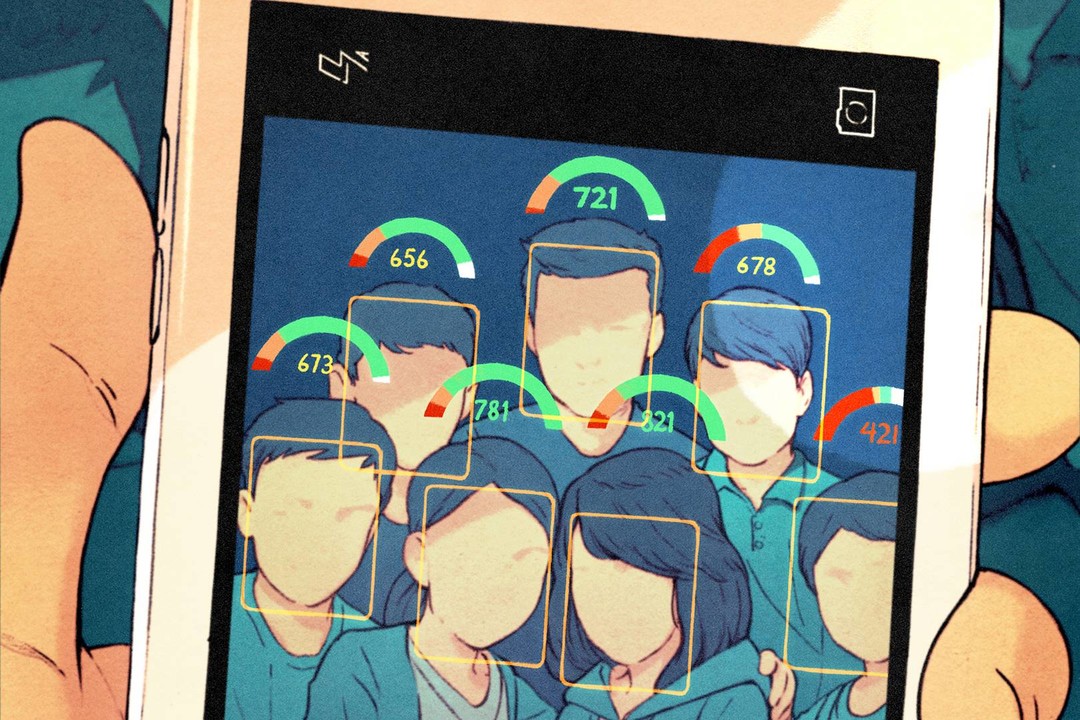Bangladesh has recently been the scene of a series of landmark events, affecting various social, political, economic and environmental aspects.
Here is an overview of the major developments:
The current situation in Bangladesh is tense, with widespread protests against a High Court decision to reinstate a quota system reserving nearly 60% of government jobs for certain groups, including the families of those who fought in the country’s war of independence. The protests were marked by significant violence, resulting in at least 19 deaths, and led to a near-total Internet blackout ordered by the government to control the spread of news and rumors.
The clashes saw students and other demonstrators clash with police forces, who responded with tear gas and rubber bullets. The demonstrators are calling for the abolition of the quota system, which they believe unfairly limits employment opportunities and exacerbates unemployment, particularly among young people.
Demonstrators also attacked the headquarters of Bangladesh Television in Dhaka, causing extensive damage and escalating violence. The government responded by closing all public and private universities indefinitely and deploying riot police and paramilitary forces to maintain order.
The government’s response, including the cutting off of the Internet, has drawn criticism from various rights groups and international bodies, who are calling for the protection of peaceful demonstrators and urging dialogue to resolve the situation.
Political crisis
- Elections and Violence: Elections in Bangladesh have often been marred by violence and allegations of electoral fraud. The 2018 general elections, won by Sheikh Hasina’s Awami League, were particularly contested by the opposition.
- Political Oppression: The government has been accused of cracking down on political opponents, with arrests and enforced disappearances. Opposition leaders and journalists critical of the government were arrested.
Human rights
- Media repression: Journalists and human rights activists face threats and violence. Digital security laws have been criticized for being used to censor dissenting voices.
- Rohingya conditions: Bangladesh hosts hundreds of thousands of Rohingya refugees fleeing persecution in Burma. Conditions in the refugee camps are difficult, with problems of overcrowding and lack of resources.
Economic development
- Economic growth: Despite the challenges, Bangladesh has experienced rapid economic growth in recent decades. The garment sector plays a key role in this growth, although working conditions in factories are often deplorable.
- Informal economy: A large proportion of the population works in the informal economy, which poses challenges in terms of social protection and labor rights.
Environment and climate change
- Climate vulnerability: Bangladesh is one of the countries most vulnerable to climate change. Floods, cyclones and coastal erosion are recurring problems affecting millions of people.
- Green initiatives: The government and various non-governmental organizations are working on initiatives to mitigate the impacts of climate change, notably through the construction of dykes, the planting of mangroves and the promotion of sustainable agricultural practices.
Public health crisis
- COVID-19 pandemic: Bangladesh was severely affected by the COVID-19 pandemic. The country faced major challenges in vaccinating its population and managing the economic and social impacts of the pandemic.
- Health issues: In addition to COVID-19, Bangladesh is facing public health issues, including epidemics of dengue fever and water-related diseases.
Notable recent events
- Student protests: Student protests have emerged for a variety of reasons, including demands for educational reforms and better road safety conditions.
- Natural disasters: Bangladesh has recently suffered severe flooding and cyclones, exacerbating humanitarian and economic problems. Relief and reconstruction efforts are underway, but the challenges remain significant.
Bangladesh is navigating through a period of complex challenges, mixing political, economic, social and environmental issues. The resilience of its people and the efforts of the authorities and international organizations are crucial to overcoming these challenges and moving towards a more stable and prosperous future.
a
As of August 2024, Bangladesh is experiencing significant political and social upheaval. The situation escalated dramatically earlier this month when Prime Minister Sheikh Hasina was forced to resign and flee the country following intense protests and violent clashes across the nation. These protests were primarily led by students and other opposition groups, who were frustrated by the government’s handling of political dissent and economic issues.
a
In response to the crisis, Nobel laureate Muhammad Yunus was appointed as the head of an interim government on August 8. Yunus, a respected figure internationally, has called for unity and calm, emphasizing the need for peace and stability as the country navigates this turbulent period. His interim government has been tasked with restoring order and preparing the country for a potential transition to a more democratic and inclusive political system.
a
Despite these efforts, the underlying tensions remain, and the future of Bangladesh’s political landscape is uncertain. The interim government faces significant challenges, including addressing deep-rooted grievances, ensuring economic stability, and preventing further violence.
a


